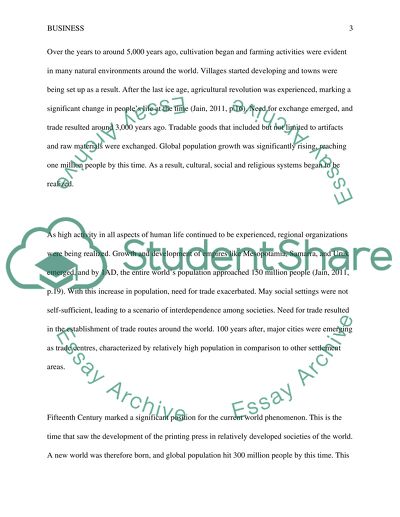Cite this document
(Exploring the Causes and Consequences of Globalization Case Study, n.d.)
Exploring the Causes and Consequences of Globalization Case Study. Retrieved from https://studentshare.org/social-science/1450368-globalisation-international-trade-and-marketing
Exploring the Causes and Consequences of Globalization Case Study. Retrieved from https://studentshare.org/social-science/1450368-globalisation-international-trade-and-marketing
(Exploring the Causes and Consequences of Globalization Case Study)
Exploring the Causes and Consequences of Globalization Case Study. https://studentshare.org/social-science/1450368-globalisation-international-trade-and-marketing.
Exploring the Causes and Consequences of Globalization Case Study. https://studentshare.org/social-science/1450368-globalisation-international-trade-and-marketing.
“Exploring the Causes and Consequences of Globalization Case Study”, n.d. https://studentshare.org/social-science/1450368-globalisation-international-trade-and-marketing.


